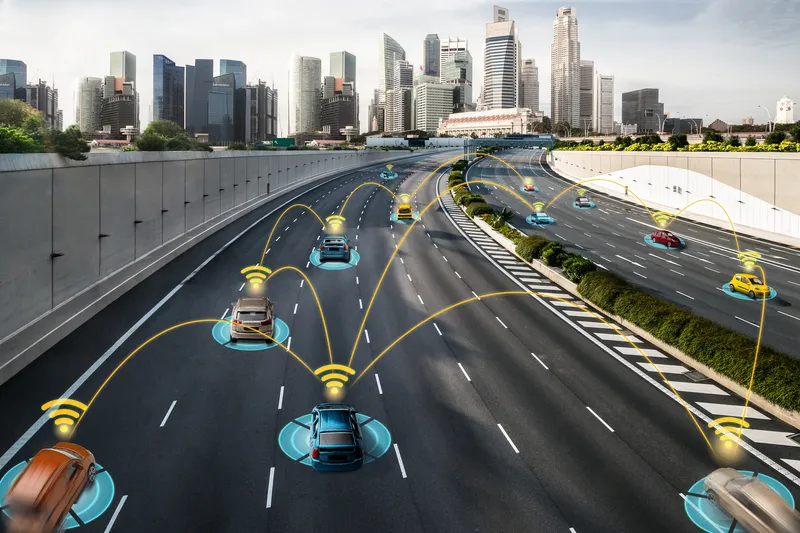Scott F. Belcher, president and CEO of the Intelligent Transportation Society of America (
The Act would put pressure on the
Belcher said, “As President Obama said this week, ‘Any new technology that makes driving safer is important to me and new technology that makes driving smarter is good for the economy.’ Vehicle-to-vehicle and vehicle-to-infrastructure communication has the potential to prevent or mitigate four out of five unimpaired vehicle crashes according to the
He continued, “While we support efforts to make better use of the nation’s airwaves and recognise the cable industry's interest in gaining access to the 5.9 GHz band, I cannot think of a more appropriate, innovative and important use of spectrum than saving tens of thousands of lives each year and reducing the nearly US$1 trillion cost of crashes and congestion to American families and our nation’s economy.”
In response to a Senate companion bill introduced last month, U.S. DOT Assistant Secretary for Research and Technology Gregory Winfree testified before the House Science, Space and Technology Committee that, “We have very serious concerns about any spectrum sharing that prevents or delays access to the desired channel, or otherwise preempts the safety applications. At this time, the Department is unaware of any existing or proposed technical solution which guarantees interference free operation of the DSRC safety critical applications while allowing wi-fi enabled devices to share the 5.9 GHz spectrum.”
Belcher concluded, “ITS America supports the collaborative effort, which is already under way, to explore whether a technical solution exists that would allow wi-fi devices to operate in the 5.9 GHz band without interfering with these critical safety applications. But this process should be allowed to proceed without arbitrary deadlines, restrictive parameters or political pressure that could influence the outcome.”
ITS America supports moves for safe sharing of 5.9 GHz spectrum
Scott F. Belcher, president and CEO of the Intelligent Transportation Society of America (ITS America), has responded to the Wi-Fi Innovation Act introduced by US Representatives Bob Latta, Darrell Issa, Anna Eshoo and Doris Matsui.
The Act would put pressure on the Federal Communications Commission (FCC) to allow unlicensed devices to operate in the 5.9 GHz band of spectrum set aside by the FCC for vehicle-to-vehicle (V2V) and vehicle-to-infrastructure (V2I) communication technology showcased by Preside
July 18, 2014
Read time: 3 mins








